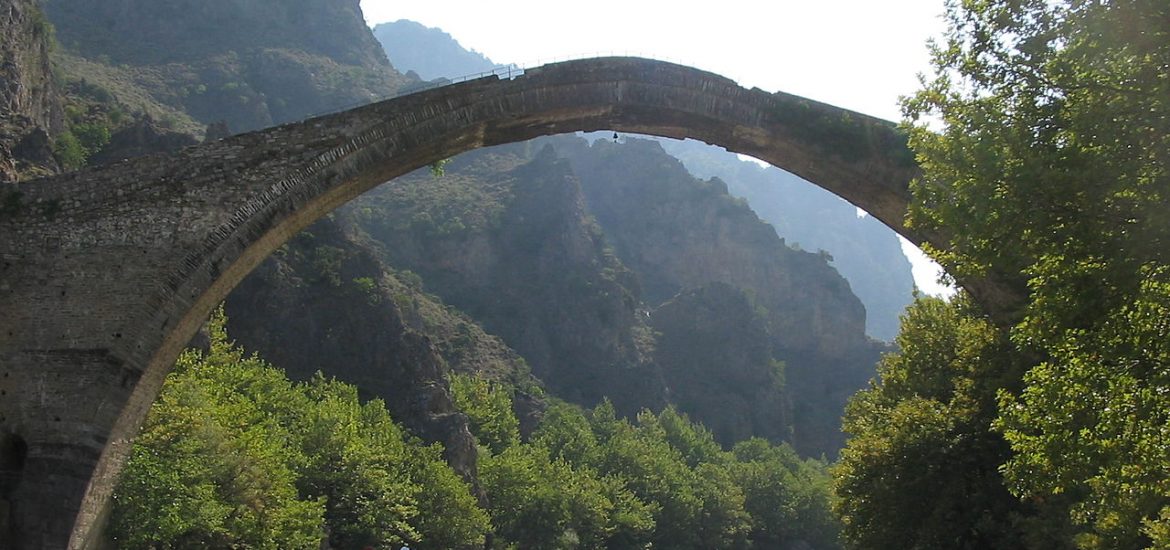
Hydropower constructions have tripled across the western Balkans since 2015, according to research, raising fears of damage to mountain rivers and biodiversity.
About 2,800 new dams are being planned from Slovenia to Greece, with 37 per cent due to be constructed in protected zones, such as national parks or Natura 2000 sites.
There are currently 187 construction sites, compared to 61 in 2015, reported Fluvius, a consultancy for UN- and EU-backed bodies.
Ulrich Eichelmann, director of RiverWatch, which commissioned the study, said that small-scale projects were having a disastrous environmental impact.
Development also threatens a major body of freshwater in Macedonia, where Europe’s oldest lake, Ohrid, is already at risk from tourism.
Last year more than 200 scientists from 33 countries called for Albania to halt plans to construct the first dam on the River Vjosë, which flows 270 kilometres out of northern Greece through remote Albanian mountain canyons to the Adriatic Sea.
The Vjosë is the last big wild river in Europe outside Russia.
“There has been no environmental assessment of the damage the dam would do to the river and its ecosystems,” said signatory Friedrich Schiemer of the University of Vienna.
The dam dictated the river flow according to electricity demand rather than the needs of river ecosystems, it was argued.
“They divert water through pipelines away from the river and leave behind empty channels where rivers had been,” Eichelmann told the Guardian. “It is a catastrophe for local people and for the environment. For many species of fish and insects like dragonflies and stoneflies, it is the end.”
One stonefly species, Isoperla vjosae, was only discovered on the Vjosë this year, during an expedition by 25 scientists which also found a fish previously unknown to science. Along with the Danube salmon and the Prespa trout, it is thought to be at risk from dam construction.
The report called the Vjosë a unique habitat for aquatic species that have disappeared across Europe. “The majority of these viable communities are expected to irrecoverably go extinct as a result of the projected hydropower dams,” the study said.
But the Albanian authorities claim fish will be able to move freely after construction is completed.
Albania’s energy minister Damian Gjiknuri said two mega-dams on the Vjosë would allow “the passage of fish via fish bypass or fish lanes”.
“These designs have been based on the best environmental practices that are being applied today for minimising the effects of high dams on the circulation of aquatic faunas,” he added.
Last year, however, Gjiknuri told the media that the nation must make ecological sacrifices to secure prosperity.
“A developing country cannot be a museum,” he said. “Hydropower has drawbacks, but every development has a cost to the environment.”
The old bridge of Konitsa over the River Aoos in Greek or Vjosë in Albanian. Picture credit: Wikimedia





